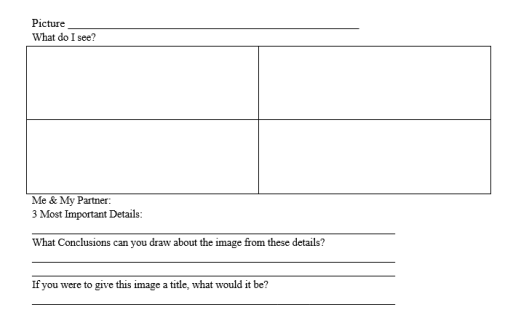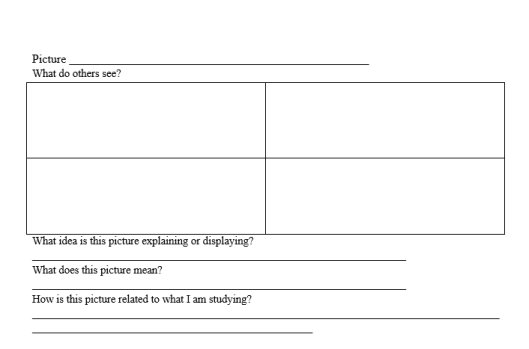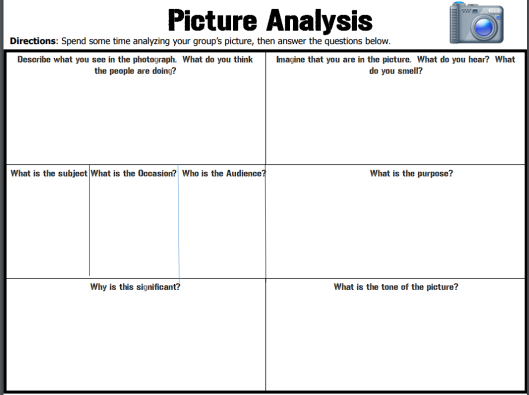Hey, social studies folks! The time is fast approaching for the FCSS annual conference! PLEASE join us in late October (28-30) for what will be a great couple of days of sessions. We have made arrangements with some excellent folks to ensure that Sunday will be devoted at least in part to making sure the needs and desires of Advanced Placement folks are met! And I DO have some more exciting news to share about sessions and speakers and events, but I want to make sure that news about the keynote speaker for Saturday morning is out.
We all know that it can be difficult to teach social studies in a climate that does not often allow for deep discussion and discovery and where inquiry sometimes becomes a dirty word. Our keynote speaker for Saturday is coming to talk to us about that. Dr. Murali Balaji is the Director of Education and Curriculum Reform for the Hindu American Foundation. In his role, Balaji works on empowering educators in culturally competent pedagogical approaches. He also serves as an advisor to numerous organizations around the country in promoting religious literacy and civic engagement. A Fulbright Specialist and former award-winning journalist, he has taught at Temple University, Penn State University, and Lincoln University, where he served as Chair of the Department of Mass Communications, overseeing assessment and curriculum building efforts. A longtime advocate of minority issues, Dr. Balaji is the author of several books, including The Professor and The Pupil (2007), and the co-editor of the seminal anthologies Desi Rap (2008) and Global Masculinities and Manhood (2011). A native of the Philadelphia area, Balaji earned his B.A. in journalism from the University of Minnesota and his doctorate in Mass Communication from Penn State.

Dr. Balaji will be talking about ‘Teaching in Turbulent Times: Navigating through the New Normal in Public Education’. I have had the distinct pleasure of attending Dr. Balaji’s sessions at conferences in North Carolina and nationally, and he is an engaging, witty, and insightful speaker on issues relating to public education, controversial topics, and the getting kids (and teachers!) to think critically and intellectually.
We are excited he is able to join us Saturday morning, and I look forward to his keynote!



